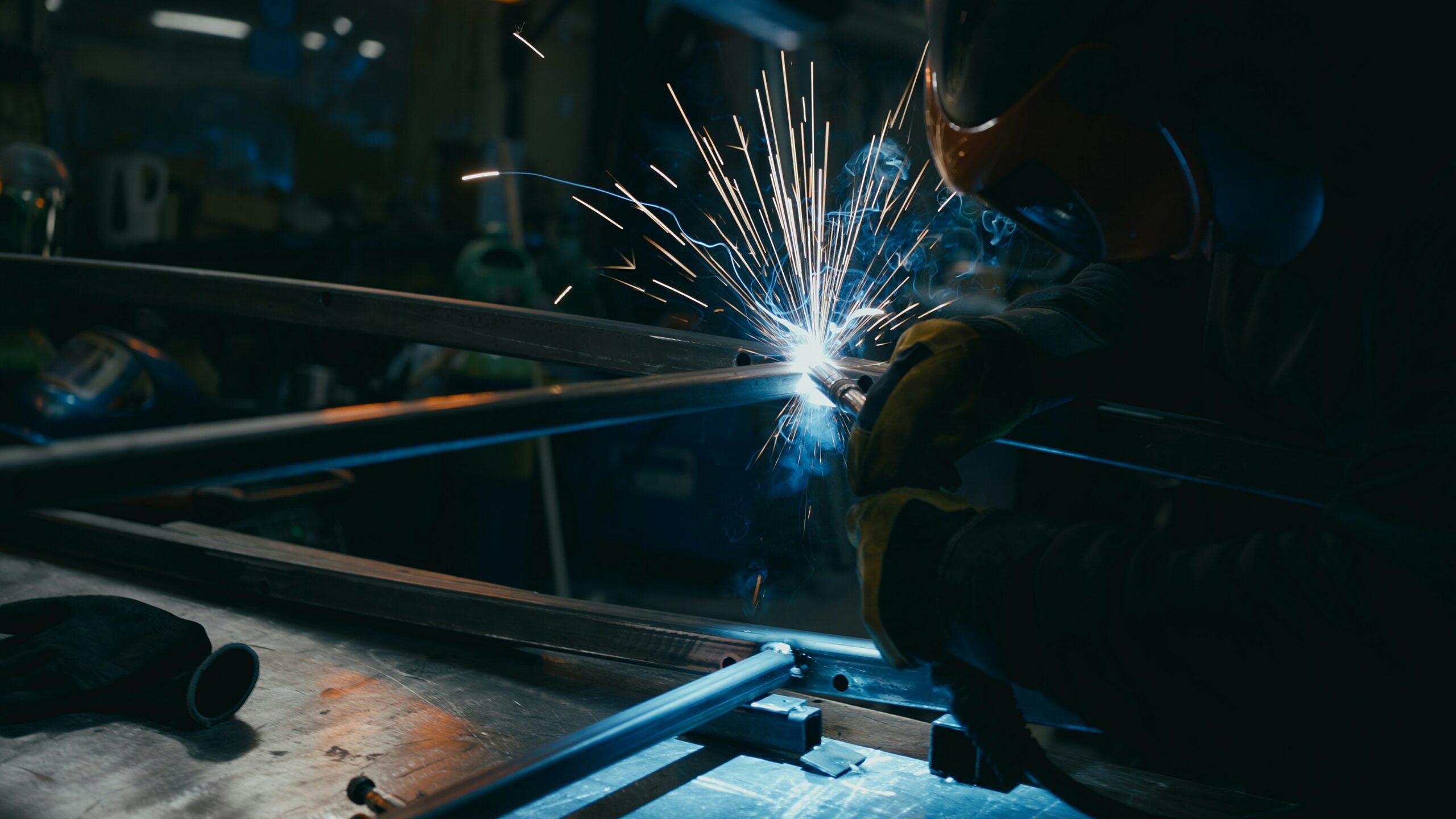
A Region Steeped in Tradition and Craftsmanship
The American South holds a reputation for many things—hospitality, food, music—but for centuries, it has also been a cradle of weapons craftsmanship and martial skill. Whether it’s the forging of knives and swords, the precision of firearms training, or the art of wielding traditional tools in self-defense, the South offers a landscape rich with knowledge passed down through generations. Mastering weaponry in this region means more than acquiring physical skills; it’s about understanding the heritage, pride, and cultural significance embedded in every blade and barrel.
The Art of the Blade: Knives and Swords as Southern Icons
In the South, the blade is more than a tool; it’s an icon. From the iconic Bowie knife—named after Jim Bowie, the famed frontiersman and hero of the Alamo—to the carefully crafted hunting knives carried on a belt, edged weapons carry a story of survival and resilience. Many Southern bladesmiths continue to forge knives traditionally, heating steel in roaring forges, hammering it by hand, and painstakingly shaping and polishing each piece.
Visiting a Southern bladesmith’s workshop is like stepping into a different time. The rhythmic clang of hammer on anvil echoes centuries of craftsmanship, and the intense glow of the forge illuminates a skill passed from master to apprentice. Learning to use these blades means appreciating the balance, weight, and edge. A proper Southerner knows that a good knife is not just for defense but also for utility—hunting, fishing, farming, and countless daily tasks.
Swords also hold a place of pride, particularly in historical reenactment circles and martial arts schools focused on traditional weaponry. From cavalry sabers to Civil War replicas, swords in the South symbolize valor and heritage. Learning to wield a sword under a skilled instructor reveals the subtleties of stance, grip, and the flow of movement—a dance as much as a fight.
Firearms: Precision, Respect, and Responsibility
Guns are deeply interwoven into the cultural fabric of the South. For many families, firearms knowledge starts early, often passed down from parents or grandparents during hunting trips or time spent at the range. Yet while outsiders sometimes stereotype Southerners as merely gun enthusiasts, the actual picture is far more complex.
Southern firearms culture places enormous value on safety, discipline, and respect for the weapon’s power. Skilled marksmen and instructors emphasize proper handling, maintenance, and the importance of understanding local laws and ethical hunting practices. Whether one is practicing with a classic lever-action rifle or a modern semi-automatic pistol, precision is king. Hitting the target isn’t simply about pulling the trigger; it requires breath control, mental focus, and a steady hand.
Competitive shooting is also hugely popular in the South. Events like cowboy action shooting blend historical dress and traditional firearms with marksmanship challenges, while modern competitions test speed and accuracy under pressure. Many aspiring shooters seek out mentorship from seasoned professionals, learning techniques honed through decades of practice. For those truly committed, mastering firearms in the South becomes a lifelong pursuit—a blend of skill, history, and personal challenge.
Martial Arts and Traditional Weaponry
Beyond blades and firearms, the South has embraced diverse martial arts traditions, often integrating weapon training. Martial arts schools across the region offer instruction in weapons such as the bo staff, nunchaku, or even Filipino sticks and knives. While these arts originated overseas, Southern practitioners have adapted and blended them into a unique local flavor.
A martial arts instructor in the South might combine traditional Japanese sword techniques with practical self-defense strategies suited for modern life. The emphasis remains on discipline and respect, with weapons treated as extensions of the body. Students learn footwork, distance management, and the psychology of conflict—all vital for real-world scenarios.
Many Southern martial artists travel across state lines to train under renowned masters, attend seminars, and compete in tournaments. The community is tight-knit, bonded by a shared love of learning and respect for the weapons they practice with. For many, the journey is about personal growth as much as physical skill.
Cultural Significance and Community Connections
To understand weapons mastery in the South, one must look beyond technique and recognize the cultural weight these skills carry. Hunting seasons, reenactment festivals, gun shows, and knife expos all create spaces where enthusiasts gather, swap stories, and share their expertise. These gatherings often blend commerce and community, allowing newcomers to meet masters of the craft.
There’s also a sense of identity tied to weapon knowledge. A finely crafted knife might become a family heirloom, passed down like a treasured piece of history. Firearms used in hunting trips can carry memories of fathers, grandfathers, and childhood adventures. Even martial arts weapons become symbols of discipline and personal achievement, displayed proudly in homes and dojos alike.
Learning from the best in the South is as much about joining a community as it is about honing a skill. Teachers and mentors often take pride in guiding new students, ensuring the traditions—and the values behind them—endure. Respect, humility, and dedication remain central pillars, reminding practitioners that true mastery comes not just from physical ability but from understanding and honoring the legacy they inherit.
A Journey of Skill and Heritage
Mastering weapons in the American South is a journey into both skill and heritage. From the fiery forges of bladesmiths to the quiet precision of the shooting range, the region offers countless opportunities to learn from the best. It’s a world where craft and culture intertwine, where every weapon tells a story, and where the lessons go far beyond mere technique. For those willing to invest the time and respect the traditions, the South remains one of the finest places in America to study—and master—the art of the weapon.